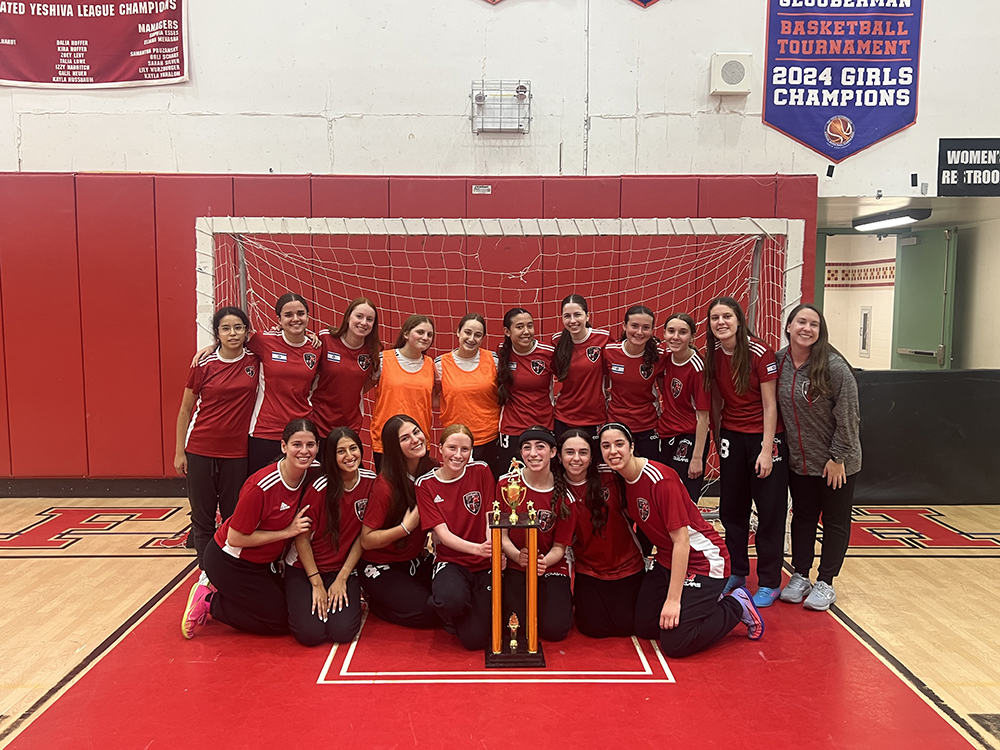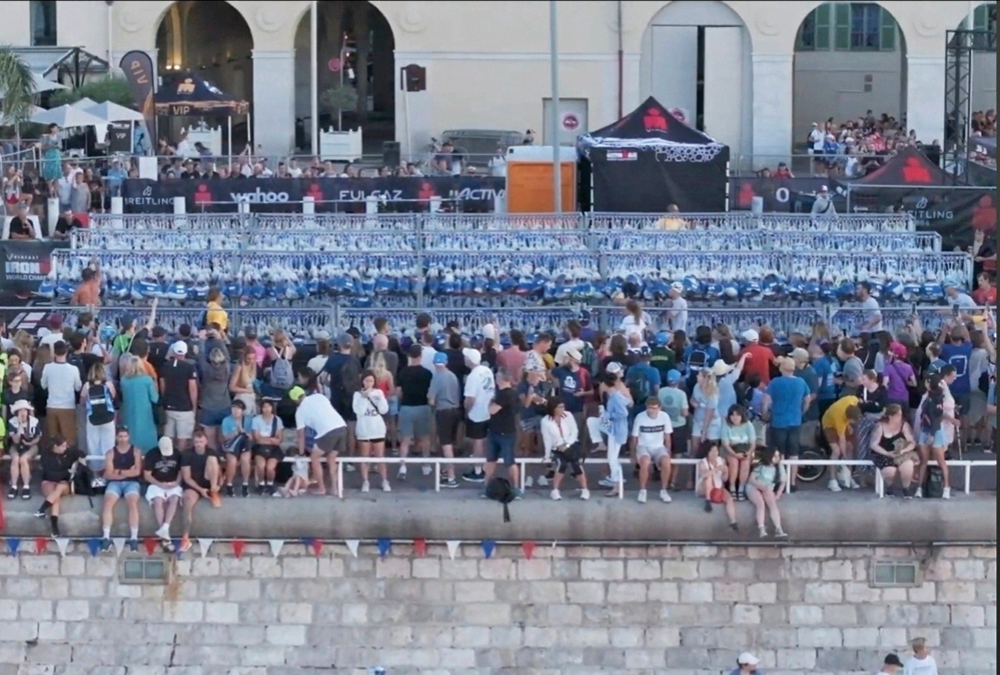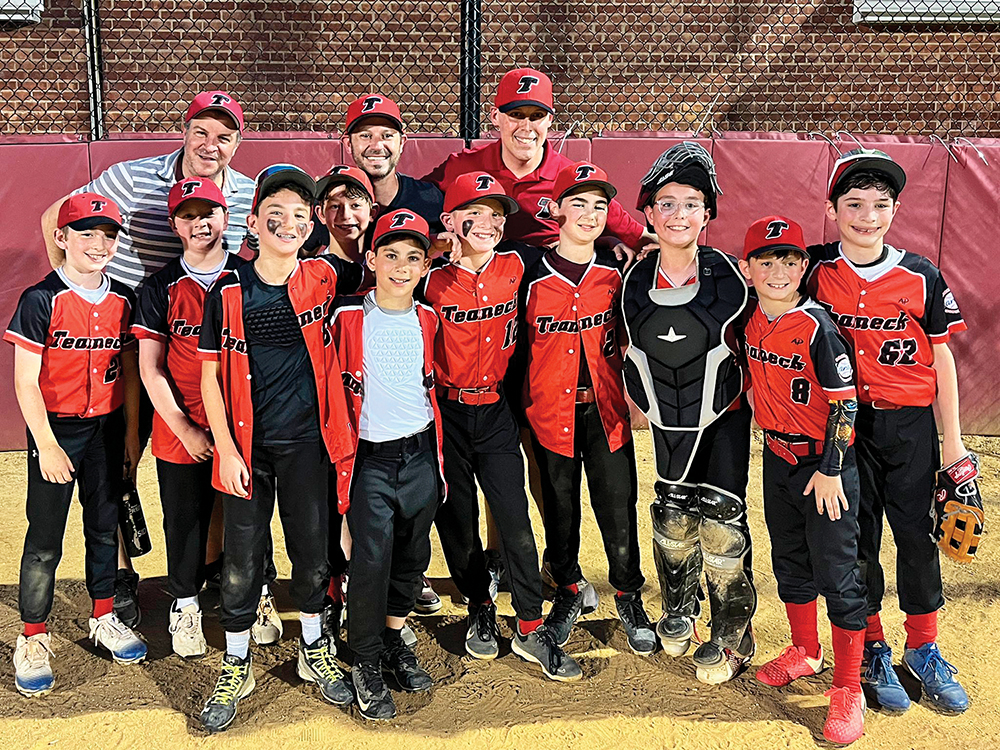As I parked in a shul parking lot one day, I noticed a small BMW slowly inching backwards to park between two other cars. It seemed ridiculous to me as it wasn’t because there was a Jewish man driving a BMW, something I would NEVER do. (Not because it’s a German car, but because they’re so expensive!) What was funny to me was that I could clearly see that he had plenty of room on either side.
From the driver’s vantage point it probably looked like he was barely getting in, but for me, from a different perspective, I could see he was safe and the amount of care he was exercising seemed almost comical. It made me realize that often in life we think we’re in a tight squeeze but really we aren’t as pressured or precarious as we think we are.
I remember a family trip we took one summer. My father-in-law planned it to include a tour of caves and mines that were supposed to be amazing. I was all gung-ho until I went down the steps to start the tour and remembered something: I have claustrophobia, a fear of tight spaces. As I looked at the doorway I’d have to go through to start the tour, noting its small size, barely big enough for a person to walk through, I started to get anxious. I thought about the rest of the family who would be doing the tour, about all the other thousands of people who had done the tour and survived and decided I would face my fears. I told myself that HaShem was in control and I was going to enjoy the experience. I told myself I would push forward and not think about the fact that I was under a mountain, or that the walls seemed really close to me. Guess what? It worked! By pushing my fears aside, I was able to move forward and I didn’t miss the outing.
R’ Nachman of Breslov said, “The whole world is a narrow bridge, and the main thing is not to fear at all.” Aside from being a catchy refrain, the message behind it is very powerful. I don’t claim to be an expert on Breslov Chasidus, so I’m just going to relate MY insights on this phrase.
The world is like that parking spot, when you’re inching forward and backward trying to keep from scraping the sides, or, as in R’ Nachman’s parable, falling off the bridge. The secret to the end of the phrase, though, the part about not being afraid, is much harder for us to grasp. How can we not be afraid when we are traversing a narrow bridge over a deep chasm and any misstep could mean our end?
Well, as I said earlier, when I looked at the fellow who thought he was very close to the other cars, I knew that the space was not nearly as narrow as he imagined. His fears, therefore, were not fully justified. True, he did have to be careful, but if he thought about the fact that the parking spaces were intended for larger cars and made to accommodate opening doors and so on, he may have been calmer about his parking.
We imagine ourselves on a bridge over a deep abyss. Who says? Maybe we can’t see it but the narrow bridge is sitting on the ground and if we fall off we just climb back on, like a child “walking the balance beam” on the curb. Being afraid doesn’t help us do our jobs, it only limits us. It can paralyze us and prevent us from taking the trip. Just as I would have missed out on great beauty and an amazing adventure had I let my irrational fears win out and keep me from going through the cave tunnels, in life our fears and imagined stresses can keep us from enjoying the voyage.
R’ Nachman’s advice to not be afraid is not intended to be a challenge, but an explanation of how to get over the bridge. If you are afraid, you will stop, you will give up, and maybe even turn back. But life is a trail that we must constantly proceed along, and we don’t have the luxury of opting out of the tour. It can be nerve-wracking and scary, but the main thing to realize is that there is no reason to be afraid. Yes, you have to try to stay on the trail, but if you fall off you can pick yourself up and get back on track. The bridge was built by an Expert Engineer with all of us in mind. It is intended to meet our needs, just as the parking spaces were made for cars. By remembering that and the fact that we may not have an accurate, objective view of life and our place in it, we can banish our fears and keep on moving safely down the road.
Jonathan Gewirtz is a prolific inspirational writer whose work has appeared in publications around the world. He also operates JewishSpeechWriter.com, where you can order a custom-made speech for your next special occasion. For more information, or to sign up for or sponsor the Migdal Ohr, his weekly PDF Dvar Torah in English, e-mail info@JewishSpeechWriter.com and put Subscribe or Sponsor in the subject. © 2014 by Jonathan Gewirtz. All rights reserved.
By Rabbi Jonathan Gewirtz













